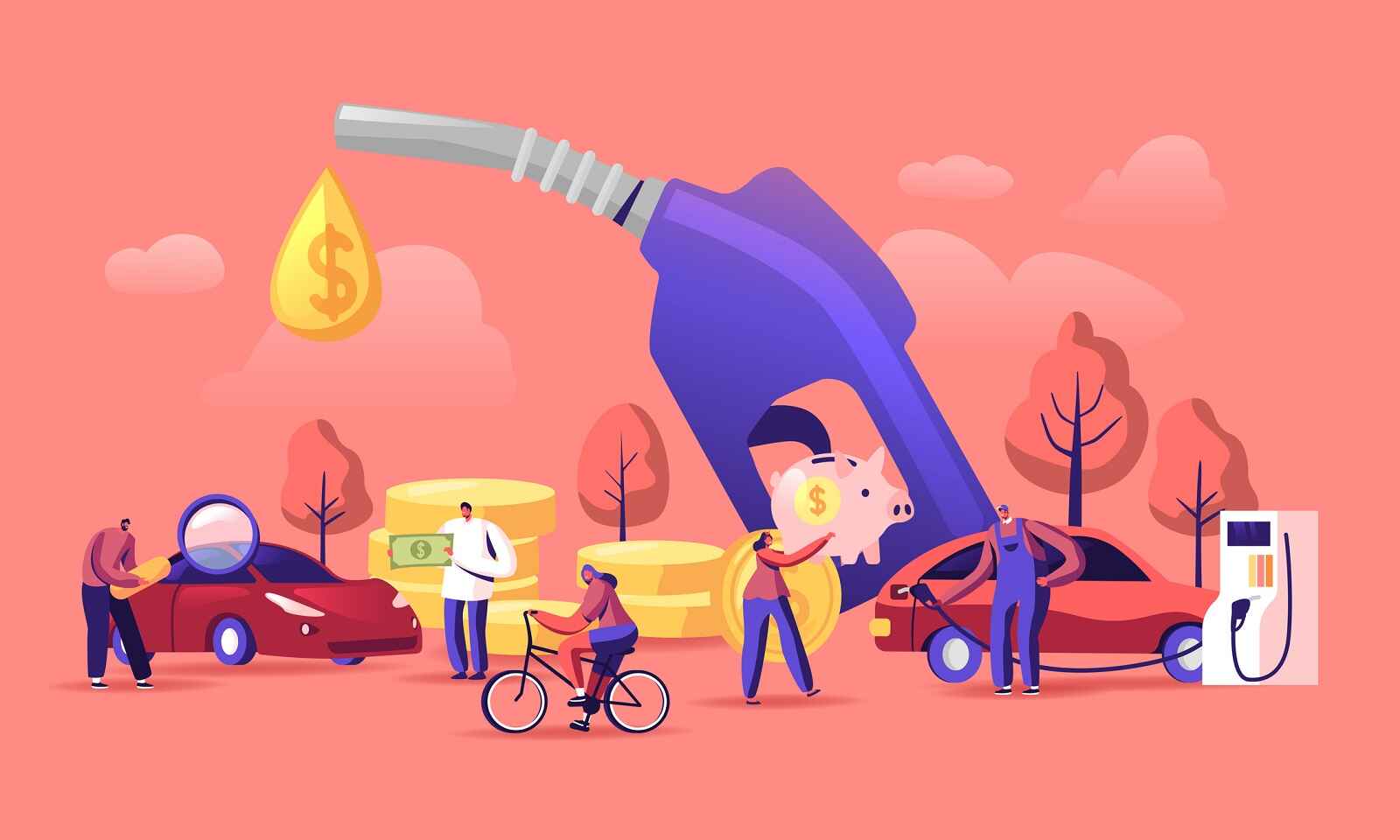Depending on where you live in the U.S., you might even spend closer to $200,000 on fuel.
A personal finance outlet released a study this month on how much money Americans might spend on fuel in their lifetimes, depending on which state they live in. If you live in Wyoming, by the way, you’re about to spit out your coffee.
GOBankingRates analyzed a set of metrics related to individual fuel consumption. Using the average fuel tank capacity, the number of years of driving in a typical American’s life, and the mean gas price so far in 2024, the group compiled a list of lifetime fuel spend by state.
Many might assume California would be the priciest state for lifetime fuel spend. However, Wyoming is the most expensive state to fill up your car over time. If you live there for life, you can expect gas to tally $201,698.22 between the ages of 16 and 77.
Other states high on the list are California ($167K), Nevada ($158K), and Georgia (also $158K).
The majority of states fall in the $120K-150K arena.
New York and Rhode Island are the cheapest states on the list. Their lifetime fuel spending is in the $90K range.

Admittedly, I see a couple of holes in the study. For one, fuel prices have varied significantly over the decades. Zippia’s 2024 demographics data reflect an average American driver age of 47. That means most Americans are already halfway through their lifetime of driving. Therefore, their spending has been less than 2024 gas prices.
Furthermore, global transportation trends point toward electrification. 2030 is looming as automakers’ zero-emissions cutoff date. As such, personal fuel spending will likely end for many of us before we actually stop driving. However, depending on how long it takes to mass-adopt EVs, some of us might be using gasoline until the end of our proverbial roads.
Hopefully, we’ll shift away from what some feel are the far-too-expensive individual costs of owning and operating a car. Fingers crossed that things change before any of us hit the $100K mark on fuel expenses.
